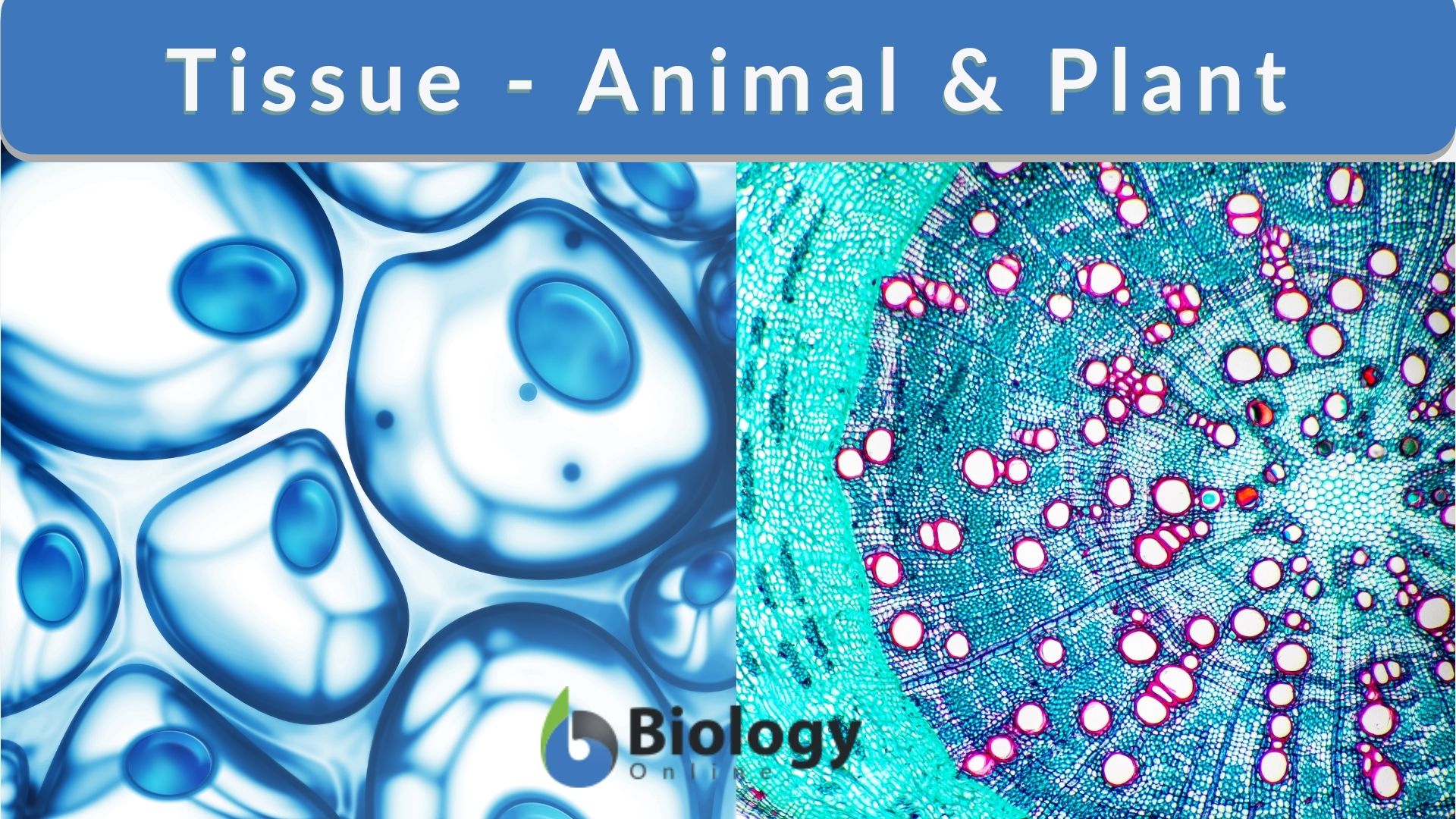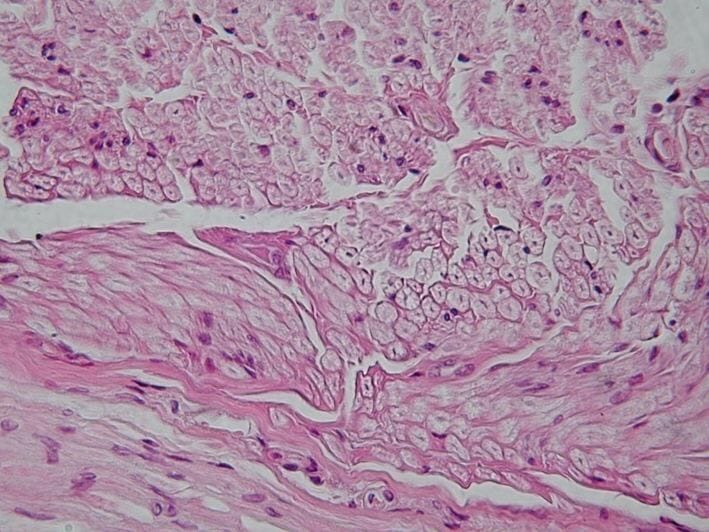tissue definition biology
Tissue is a cellular organizational level intermediate between cells and a complete organism. Nutrients me respite ry gas hormones and waste.

Tissues Biology Definition Overview Expii
Tishū An aggregation of similar cells or types of cells together with any associated intercellular materials adapted to perform one or more specific functions.

. In animals there are 4 types of tissues namely. Muscle tissue cardiac skeletal and smooth muscle tissues Connective tissue cartilage blood bone. A thin piece of soft absorbent paper usually of two or more layers used as a disposable handkerchief towel etc.
Tissues Are Studied In Histology Or Histology. 2 connective tissue including blood bone and cartilage. The word tissue originates from French which means to weave Tissues Types.
Tissue noun CELLS U a group of connected cells in an animal or plant that are similar to each other have the same purpose and form the stated part of the animal or plant. A tissue is an ensemble of similar cells and their extracellular matrix from the same origin that together carry out a specific function. Tissues represent one stage in the hierarchy or levels of organization of living things.
Definition of tissue 1. Nervous system The organ system responsible for controlling and coordinating body movements and functions. They Are Of Different Types In Animals And Plants.
Action potential A sudden rise and fall in the electrical membrane potential of a neuron that leads to a signal being transmitted to other neurons or the target body organ. By definition tissues are absent from unicellular organisms. Biology a part of an organism consisting of a large number of cells having a similar structure and function.
A tissue is an ensemble of cells not necessarily identical but from the same origin that together carry out a specific function. The human body has four types of tissue. Light thin paper used for wrapping packing etc 3 uncountable HB.
In biology a tissue consists of a group of similar cells and their intercellular material that work together to perform a function. It stores energy in the form of lipids and transfers forces via tendon attachments. It consists of a group of structurally and functionally similar cells and their intercellular material.
Muscle tissue consists of fibers of muscle cells connected together in sheets and fibers. Body tissue is composed of grouping of cells that make up our organs and other body parts. That Group Of Cells Which Have The Same Origin Structure And Function Is Called Tissue.
The internal organs and connective structures including bone and cartilage of vertebrates and cambium xylem. There are four basic tissues in the body. A piece of soft absorbent tissue paper used especially as a handkerchief or for removing cosmetics 2.
The material forming animal or plant cells lungbrain etc tissue 4 a. A structure composed of several different tissues coordinated to perform one or more functions. Muscle tissue is a specialized tissue found in animals which functions by contracting thereby applying forces to different parts of the body.
All connective tissue is supportive either at a cellular level reticular fibers or as a support system for larger organs or structures. These are called tissues because of their identical functioning. Define System A group of related tissues and organs make up a system.
Tissue in physiology a level of organization in multicellular organisms. In biology tissue is a biological organizational level between cells and a complete organA tissue is an ensemble of similar cells and their extracellular matrix from the same origin that together carry out a specific function. Organs are then formed by the functional grouping together of multiple tissues.
Muscle tissue is found all throughout the body even in organs. A piece of soft thin paper used especially for blowing your nose on a box of tissues 2 uncountable also tissue paper D. A large mass of similar cells that make up a part of an organism and perform a specific function.
Muscle Tissue Definition. Tissue ˈtɪʃuː -sjuː -ʃuː S2 noun 1 countable DHC. An aggregate of cells usually of a particular kind together with.
A tissue in biology is defined as a group of cells that possess a similar structure and perform a specific function. In biology tissue is a cellular organisational level between cells and a complete organ. - only tissue that is a fluid.
Together these sheets and fibers and known as muscles and control the movements of an organisms as well. This tissue type is responsible for how smooth our skin looks and is a major contributor to how quickly our body heals. Tissue An organized group of cells that carries out a certain function.
Scientific definitions for tissue. The English word tissue derives from the French word tissu the past.

Tissue Definition And Examples Biology Online Dictionary

Tissue Definition And Examples Biology Online Dictionary

Connective Tissue Definition Types Functions Structure

Tissue Definition And Examples Biology Online Dictionary

Tissue Types Medlineplus Medical Encyclopedia Image

Tissue Definition And Types Of Tissues Biology Dictionary

What Is Human Body Tissue Definition Types Examples Video Lesson Transcript Study Com

0 Response to "tissue definition biology"
Post a Comment